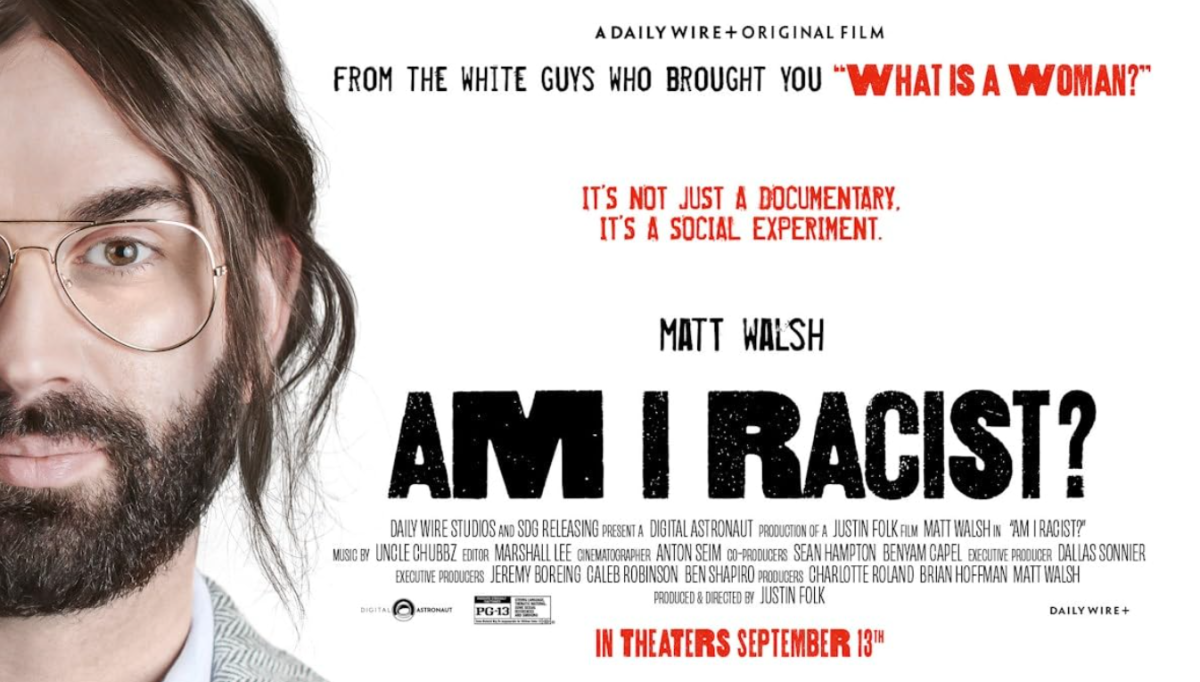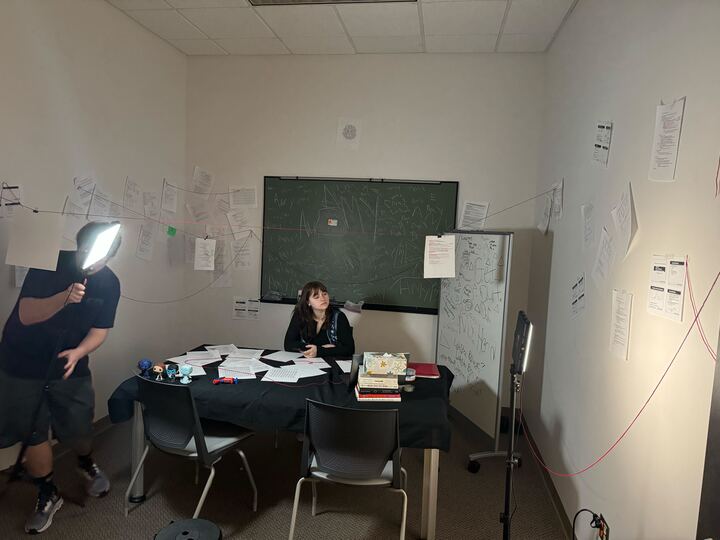The consideration of these next two albums comes from a college student, me, to another college student, you. The decision to critique these albums comes not only from my appreciation for them, but as a way to present inexperienced readers new music recommendations and a deeper perspective to those already having experienced the albums. I believe these albums can aid in understanding that the relationship between ourselves — the ego and the unconscious — will affect our relationships with the outside world.
“Tidal”
Fiona Apple’s 1996 debut album “Tidal” enthralls listeners with mystifying vocal simplicity mixed with a colorful array of rhythms and melodies. Apple’s voice can creep and boom in a spontaneous manner without seeming jarring or out of place, rather consciously knowing when to be vulnerable and when to seemingly explode.
The control of Apple’s fiery and smoldering voice is paired with frigid lyrics that are sharp as steel, cutting deep once the understanding of the words are left to sink in. Its themes and messages center around the silence, secrets and inner monologues of someone who has longingly ached to bear it all, or at least be heard.
The production of each song adds to the experience, appearing as a separate entity that merges with Apple’s voice. What is most astounding is the whole album is self-written by Apple, many during her adolescence, such as “Criminal” and “The Child is Gone,” which bring up the consequences of early sexuality, and emotionally destructive confessionals such as “Never Is a Promise” and “Carrion.”
The whole experience is immersive without trying too hard, being lost in the understanding of the emotions which are transmitted throughout all the songs. It is truly a powerful debut for a powerful artist.
Outstanding Tracks:
“Sleep to Dream” — A strong opening with a compulsory beat which hammers in the feeling of insult and disappointment. It is very clear her voice emancipates emotions that have long been buried but never forgotten.
“Criminal” — Apple’s first hit song, with great reason, featuring enchanting rhythm, words and voice. This song is better experienced through actual exposure, rather than a mere description, so listen!
“The First Taste” — A sensual song which invites disarmament and vulnerability, like a shiver up the spine. The amazing combination of piano, marimba and percussion add an unseen character found in the album.
“Never Is a Promise” — A masterful and riveting track focusing on piano, violin and Apple’s voice. Such haunting confessional words cling without waning throughout the entirety of the song.
“from the choirgirl hotel”
Tori Amos’ fourth studio album “from the choirgirl hotel,” released in 1998, hypnotizes the senses and can be best described as dark silk that caresses when slow, but shocks when disturbed. Amos’ charming siren voice allows listeners to step into her own little world, immersing themselves in imagery and settings only best described by her lyrical ingenuity.
Although an artist heavily devoted to solo piano, especially in her previous works, Amos allows contrasting instruments like battery and electric guitar to enter the fray, adding a stark darkness to the serenity of her piano.
“from the choirgirl hotel” delves into the intrusive thoughts of the artist and confronts problems with a sort of primal aggressiveness and vulnerability, highlighted with the copious amounts of moans, groans and grunts spread throughout the songs. Her cryptic words may confuse at first, but with Amos’ mentality of “the words can mean whatever the listener believes it is,” an emotional understanding can be strongly developed.
The album overall mystifies and makes us ponder who we truly are to ourselves, with such self-reflective songs like “Spark” and “Liquid Diamonds,” and even question others, like “Raspberry Swirl” and “She’s Your Cocaine.” Even with difficult comprehension, Amos’ tempting and succulent delivery is one to cherish for years to come.
Outstanding Tracks:
“Raspberry Swirl” — A confrontational song packed with wild energy and up-front innuendo. The best way to describe such an exhilarating track is the tremble after gunfire.
“Iieee” — A track that unwinds from dark and ominous, with chanting that spellbounds the listener, to a more ravenous and deranged production with a cumbersome electric guitar and bass.
“Northern Lad” — With Amos’ voice feeling like pouring rain weighing the listener down, this track raises goosebumps upon first listen. Such emotion of loss gains weight as the song reaches its conclusion.
“Playboy Mommy” — A song that drags with a slow beat the same way that a razor carefully drags along a leg to avoid causing lesion, yet inevitably does so. The strange addition of synthetic saxophone and brass contrasts against Amos’ raw vocals which sound on the verge of choking back tears.
In our era of being a college student, we are often thrust upon maturity whether we want to willingly present a facade of it – to others and unconsciously toward ourselves – or if we are not prepared for the pressure. These albums snap us into the reality that no one truly matures to their ideal self, since the true self is knowing to ebb and flow through time and experience. “Tidal” and “from the choirgirl hotel” helps us find a footing through our constantly changing perspectives and find a voice that doesn’t control the chaos around us, but pieces through it.
Ruben Hernandez is a journalism junior and arts criticism writer for The Battalion.
Review: Fiona Apple’s ‘Tidal,’ Tori Amos’ ‘From the Choir Girl Hotel’ still relevant after 2 decades
February 1, 2022
0
Donate to The Battalion
Your donation will support the student journalists of Texas A&M University - College Station. Your contribution will allow us to purchase equipment and cover our annual website hosting costs.
More to Discover















